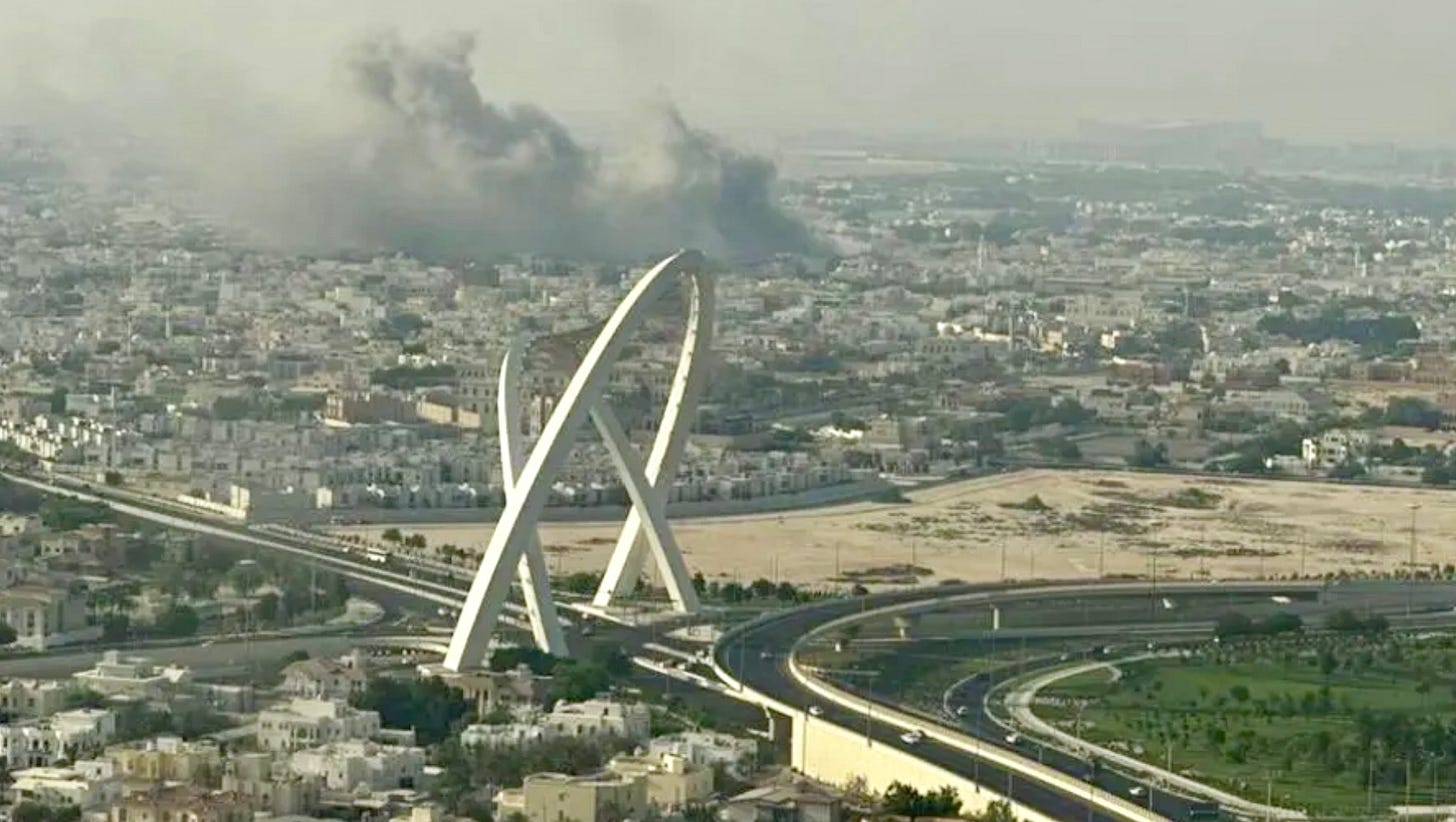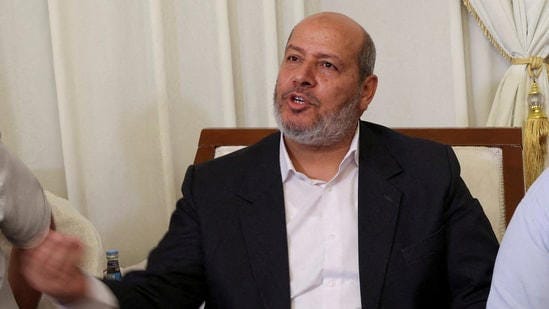As Israel launched its final offensive deep into the remaining Hamas stronghold in Gaza City recently, word leaked out that it would take about a year to complete and finish the operation and pacify the area. A year from now there will be general elections in Israel and a mid-term election in the US. And that means that the Nethanyahu government’s window to end the war on its own terms is beginning to close. Anything can happen and support from Washington, while still strong, may prove to be fickle over time. Which means that in order to occupy Gaza and establish safety on Israel’s terms and with full US support things will have to get moving soon, like now.
And that is probably one of the reasons Israel decided to change the dynamics of its deeply unproductive negotiations with Hamas by eliminating its Qatar-based negotiation team (which includes key Hamas political leaders). Note that one of the key war objectives is the destruction of Hamas in its entirety and killing its leaders was slated to happen at some point in time anyway. The sort of ‘not if, but when’ question.
As mentioned here on the newsletter on Monday: Trump had given a final warning and it is conceivable that between the US and Israel a plan was finalized to hit Hamas hard, let Israel do the dirty work and take the brunt of the diplomatic fallout while Trump could distance himself in order to preserve his relationship with Qatar. More critical voices pointed to Washington and Jerusalem colluding much like they did with Tehran earlier this year by continuing the negotiations and signalling that they were progressing and betting on the fact that Hamas meetings would take place in one spot which would facilitate the deadly take-out. Could be, but again as with the attack on Iran: an explicit White House warning was given. It turned out to be a 48 hour one.
Of course, the usual global fallout came very quickly, a lot of it performative. Key European nations and of course Canada had their foreign minister craft the usual condemnations as did the UN. Arab nations equally expressed dismay in order to placate their various constituencies, but it is no secret that in particular the Saudis cannot wait to see the rapid demise of Hamas and its odious leadership. Qatar had been the most prominent backer of the terror group by providing sanctuary and endless support while only applying selective pressure on Hamas. Consider how little was done for the hostages in providing aid or in ensuring a much more rapid release of these tortured souls. As the sudden release of Eden Alexander earlier this year demonstrated, a lot was actually possible, but the Qataris were often reluctant to do what was both necessary and required. They were not neutral, nor helpful.
And as of yesterday they’re out. No more meetings in Doha and endless shuttling of Israeli and US delegations; the Qatar route to end the war is now closed. No one is indispensable in this world and that also goes for Qatar. Trump will have to sort of patch up his relationship with the House of Thani - Qatar’s royals - and for Israel there are a number of other avenues (Egypt is one) to continue discussions while pressuring on with their military moves in the Gaza strip. Keep an eye on Gershon Baskin, one of the few Israelis to have a direct channel to Hamas.
Now has this helped Israel? And has it not endangered the hostages even further? The jury is out on this, but there is a strong argument that the risk that the remaining hostages will perish has increased. Hamas could even execute a few as retaliation for the attack. On the other hand it is now evident that the stalled negotiations cannot solely be blamed on Nethanyahu’s intransigence. Hamas was obstructing and realized that it could not opt for a deal where it would lose control of its home turf in Gaza, either overtly as rulers, or covertly as power behind whatever throne the deal would appoint as new leadership for Gaza. Hamas had arrived at a breaking point and simply continued its high risk strategy by digging in while extending the suffering of its own citizens.
Israel could not accept a deal where Hamas was to regroup and stage another October 7 anytime soon. And that is exactly what one of the Hamas key negotiators (and reportedly now killed Khalil al‑Hayya, photo) promised: Israel will be destroyed: we will do it again and again until we succeed. The negotiations were jammed and could have dragged on and much like the world’s dealings with Iran a gamechanger was required. For the negotiations, but also to further fracture the Hamas leadership while giving a clear warning to other potential Hamas fans, think Turkey for instance.
Never without risks, but with silent US backing it was worth a shot. And when the news started to trickle in yesterday the first reaction, and it was mine too, was: why did it take so long to overturn the deck of cards that was stacked against Israel, its hostages and its interests? Yes, why not earlier? The question that Nethanyahu and team addressed yesterday was not dissimilar: can we afford to go any later?
The clock is ticking and Israel made another unexpected and brazen move. It will change the course of events, reshuffle alignments and hopefully create new opportunities to bring this two year old conflict and Hamas to an end.


